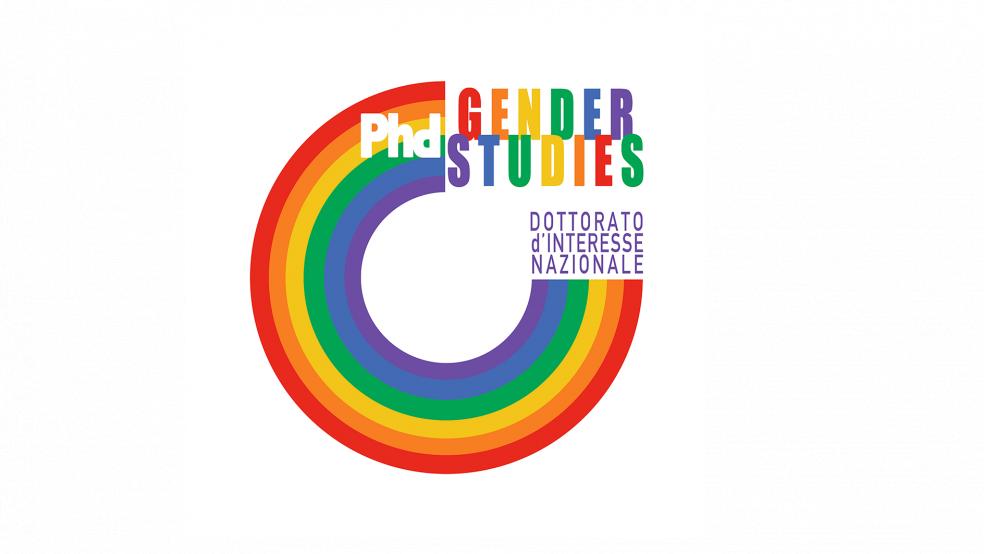National PhD in Gender Studies

The National PhD in Gender Studies aims, through a highly qualified educational path, to train highly skilled experts in the field of Gender Studies, Feminist Studies, Queer Studies, Masculinity Studies, Disability Studies, Racism Studies, and Intersectional Studies. These experts will be able to analyze, through an interdisciplinary approach, the power dynamics based on gender and sexual orientation (and, from an intersectional perspective, on ethnicity, social class, disability, religion, caste, age, nationality, species, and other intersecting identity axes that interact at multiple levels, often simultaneously) that influence the processes of social identity formation.
The National PhD in Gender Studies promotes research on the mechanisms through which gender relations reflect and structure power asymmetries, as well as reflection on the ways in which power relations based on multiple and overlapping forms of dominance, embedded in social, political, racial, and cultural formations, produce dynamics of discrimination, conflicts, and violence.
The objective of the PhD is to train experts who contribute to designing inclusive and welcoming social, corporate, and community organizations and structures. They will develop forms of prevention against discrimination, marginalization, exclusion, and violence, with the aim of achieving effective social sustainability based on the recognition and enhancement of differences.
The trans- and interdisciplinary perspective that characterizes the PhD, integrating numerous scientific and disciplinary areas including humanities, law and economics, political science, as well as new technologies, is an essential element. In fact, Gender Studies analyze the impact and functioning of gender and other identity axes within symbolic, cultural, political, economic, social, and historical orders, challenging existing disciplinary boundaries and connecting theoretical knowledge with practical skills.
The SSSA board of National PhD is composed by Barbara Henry, Anna Loretoni, Marco Solinas and Elena Vivaldi.
More information about the PhD in Gender Studies and the selection process can be found at the following links:
Universities involved in the PhD
- Università di Bari A. Moro
- Università di Macerata
- Scuola Superiore Sant’Anna
